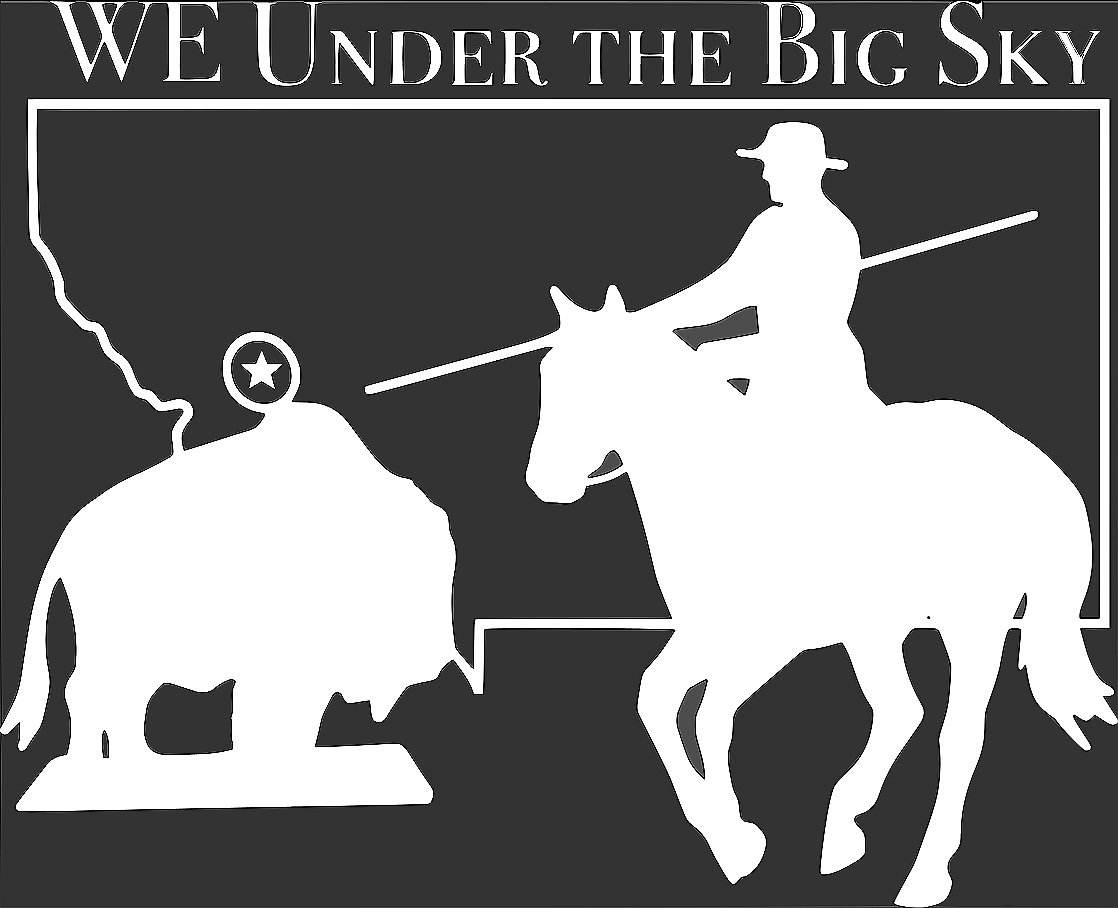
What is the CNC?
The Cross National WE Camp and Cup (CNC) started on a whim on American Thanksgiving Day in 2017, as Julie Alonzo, reminiscing about the many international friends she had made as a result of her involvement in the sport of working equitation, posted on Facebook to ask if there was any interest in a WE camp.
The response was tremendous, and the first CNC (held in July of 2018 at the Oregon Horse Center in Eugene, Oregon, USA) quickly filled to capacity. In 2019, the baton was passed to the Canadian WE organization, WE-CAN, which did a remarkable job of hosting in Red Deer, Alberta, Canada.
The event was scheduled to rotate to Australia in 2020, but COVID but a damper on those plans.
In 2022, we are rebooting the event at the Big Sky Horse Park in Missoula, Montana, USA, July 9-17th!
But what exactly is the CNC?
It’s an event that brings together horse people from across the world to share their love of horses and the sport of Working Equitation. Instructors volunteer their time to teach at the Camp. People who are able to bring horses to the event help make it possible for those traveling from overseas to participate by offering their suitable mounts as loaner horses.
The focus of the CNC is on international cooperation and camaraderie. Although the event does end with a three-day competition (the Cup), what the majority of attendees consider the most important are the friendships forged and the laughter shared.
The 2022 competition will use the United States Rules for Working Equitation, but will not be licensed in order to make it as accessible as possible for the many riders coming from outside the United States (and to help keep the focus on the experience rather than on year-end points).
Once we have all our attendees and instructors enrolled, we’ll create the schedule for the event. Here’s the basic idea, though:
-
will be grouped such that those who are competing at the same level (Intro, Novice A, etc.) will generally be receiving instruction together. Groups will be kept small (actual group size will depend on the final overall ratio of students to instructors at Camp) to maximize the opportunity to learn.
-
will begin with optional (but highly recommended!) exercise/stretching/stability/core strengthening group sessions without horses. Following that, participants will have the opportunity to participate in an in-hand session with their horse, with a focus on improving communication, partnership, flexibility, and coordination without a rider aboard.
-
late-morning break, we will start the riding sessions. All participants will be assigned to either Riding Session 1 or Riding Session 2, and this assignment will remain consistent throughout the week. Those in each Riding Session should be mounted on their horses and ready to begin when their Riding Session starts. When they are not actively involved in a Riding Session, participants are encouraged to watch and learn from the instruction happening in the other session so that they are even more prepared for their time in the saddle.
-
Camp participants will have the opportunity to ride in a 60-minute Dressage Fundamentals group lesson and a 75-minute Obstacle group lesson. The focus of the lessons will vary by the day, and all groups will have the same general focus each day (this makes auditing even more useful, because you can glean ideas from a variety of instructors).
-
for a long lunch after the Dressage Fundamentals sessions. This break will give you time to visit with people, let your horse rest, and give us the opportunity to draw names from those submitted in the “Thanks, Mate!” program.
-
we will return to the riding sessions, this time with a focus on the obstacles. For the obstacle sessions, we will have four different obstacles set up in each of the assigned “training areas”. Four groups along with their instructors will be assigned to each training area. Groups will rotate through the obstacles such that every set of riders will have the opportunity to receive instruction on each of the designated obstacles each day.
-
and evenings will be left open to allow people time to practice their dressage tests using the dressage arenas, school the water and bank obstacles available at the facility, and visit with friends.

